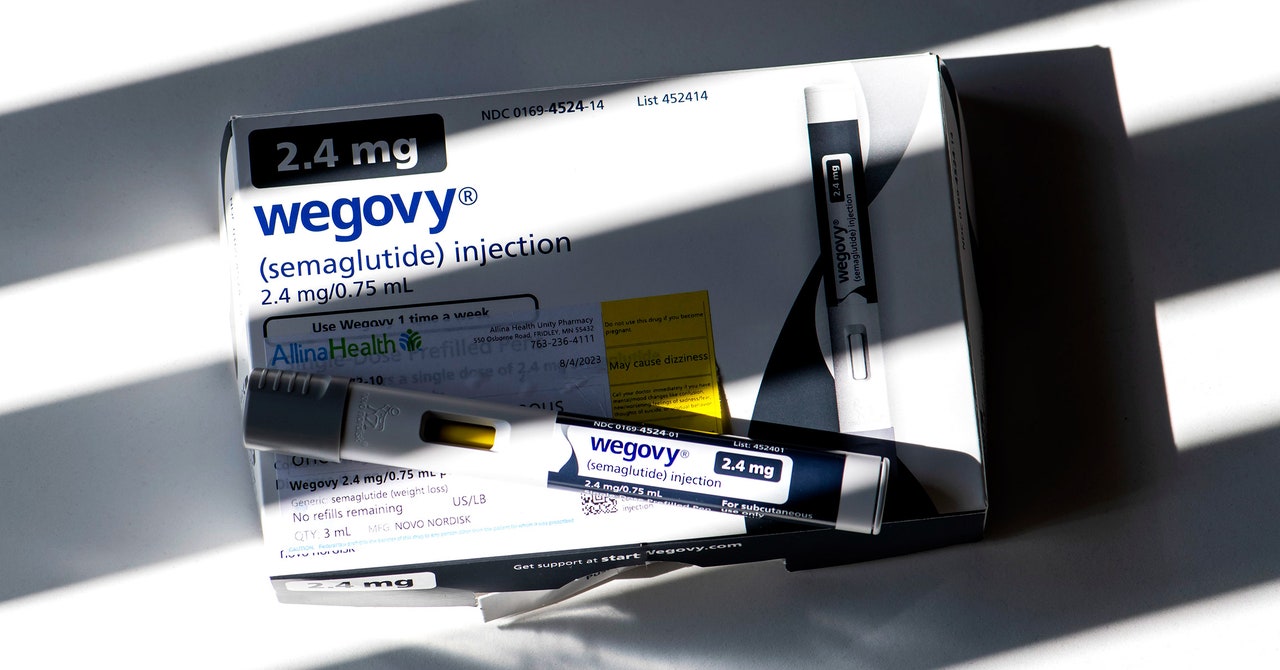
The current trial was sponsored by Novo Nordisk, the maker of Wegovy and Ozempic, and tracked patients for two years at locations worldwide. Half of the participants received weekly injections of semaglutide while the other half received a placebo. Neither group knew which they were getting. More than three-quarters of the patients had previously experienced a heart attack, and close to a quarter had chronic heart failure. The average age of the volunteers was 61.6, and about three-quarters were men.
In patients taking semaglutide, heart rate, blood pressure, cholesterol levels, and a biomarker of inflammation dropped by a larger degree than in those getting a placebo. But what the trial investigators were most interested in was whether semaglutide could reduce the risk of major cardiovascular events. During the study, 234 patients in the semaglutide group experienced a nonfatal heart attack, and 154 had a nonfatal stroke, compared with 322 and 165 in the placebo group, respectively. Out of those taking semaglutide, 97 were hospitalized or visited an urgent care clinic for heart failure, compared with 122 taking a placebo. Overall, 223 people in the semaglutide group died from cardiovascular causes, while 262 on the placebo passed away during the trial.
“This is an exciting and groundbreaking study demonstrating that obesity treatment can save lives and reduce the incidence of cardiovascular events,” says Ariana Chao, a nutrition researcher at the Johns Hopkins School of Nursing, who wasn’t involved in the trial.
Some patients discontinued the trial because of gastrointestinal symptoms associated with semaglutide. Those included nausea, vomiting, and diarrhea—known side effects of GLP-1 drugs.
It’s not totally clear why semaglutide has such a big effect on cardiovascular risk. Much of the benefit can likely be explained by weight loss induced by the drug. Those on semaglutide in the latest trial lost an average of 9.4 percent of their body weight compared with people taking the placebo, who lost less than 1 percent.
But patients didn’t hit their maximum weight loss until around 65 weeks into the trial, suggesting that there may be other factors at play beyond just weight loss. “Notably, the differences in rates between the two treatment groups began to emerge very early after initiation of treatment within the first months,” said A. Michael Lincoff, a cardiologist at the Cleveland Clinic and one of the investigators on the trial, at the news conference.

